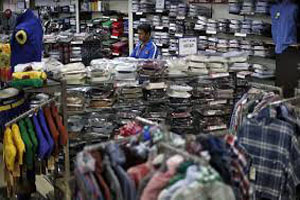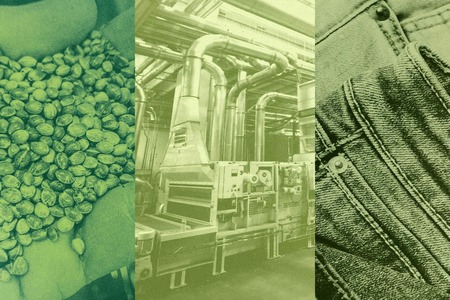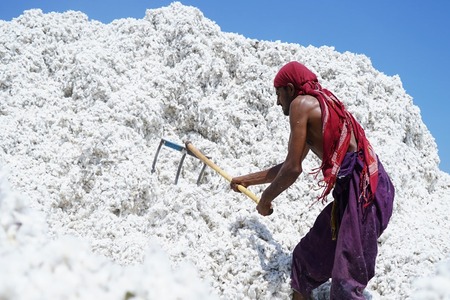
Garment exporters face tough competition not having zero duty access to EU market
YarnsandFibers News Bureau 2014-07-18 15:00:00 – New DelhiEU being the largest market for Indian textile exports, Indian garment exporters have to face tough competition from neighbouring countries for export of readymade garments mainly due to zero duty access to European Union (EU) available to Bangladesh and inclusion of Pakistan in GSP plus by the EU. Apart from this, difference in wage rates, labour laws etc.
The EU's Generalised Scheme of Preferences (GSP) allows exporters belonging to developing countries to pay less or no duties on their exports to the EU, thereby giving them vital access to EU markets and contributing to their economic growth.
The reformed GSP, which applies from January 1, 2014, focuses support on developing countries most in need.
In a double whammy to Indian exporters, the European Union gave special preference to imports from Pakistan under the GSP from January 1, 2014, allowing it duty-free access into 27 markets, while withdrawing the concessions for several Indian goods, including textiles and engineering.
Bangladesh has already overtaken India in readymade garment exports despite the recent setbacks.
Although, Finance Minister Arun Jaitley in Budget 2014-15 to encourage exports of ready-made garments, have increased the duty free entitlement for import of trimmings, embellishments and other specified items from 3 per cent to 5 per cent of the value of their exports.
But the garment exporters want the government to expedite the process of India-EU FTA finalisation, as it will help exporters to have better market access that is already enjoyed by India's competitors like Bangladesh, Pakistan, Vietnam and Cambodia.
Market Intelligence
Ask for free sample Report

experience
Customer Base
dedicated team
Countries Served Worldwide









